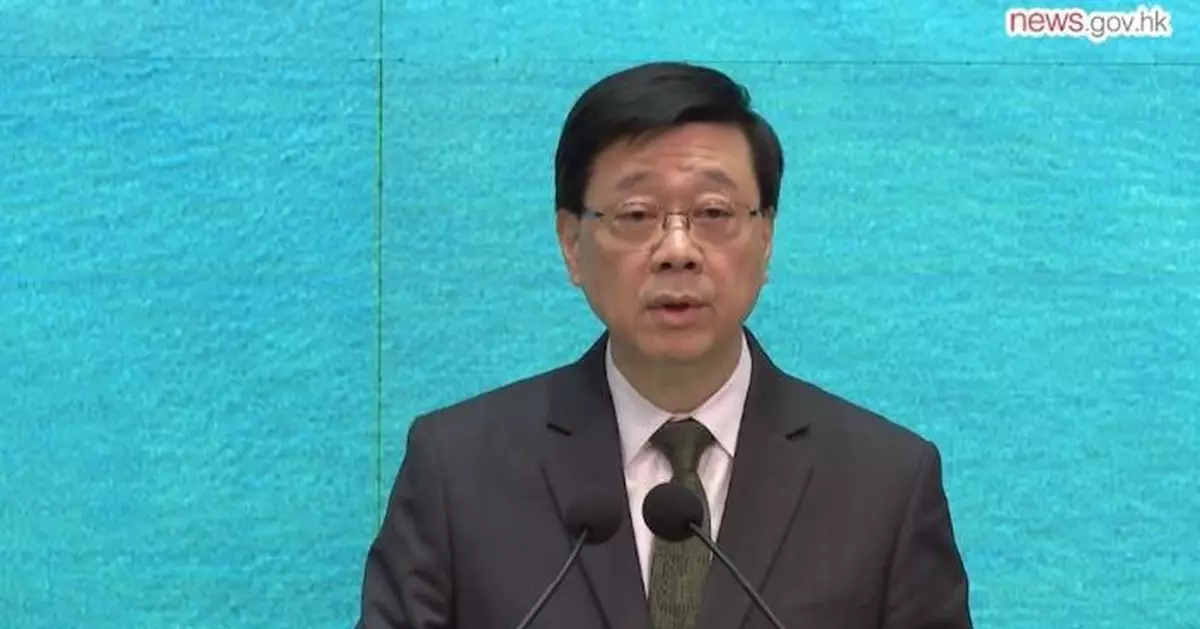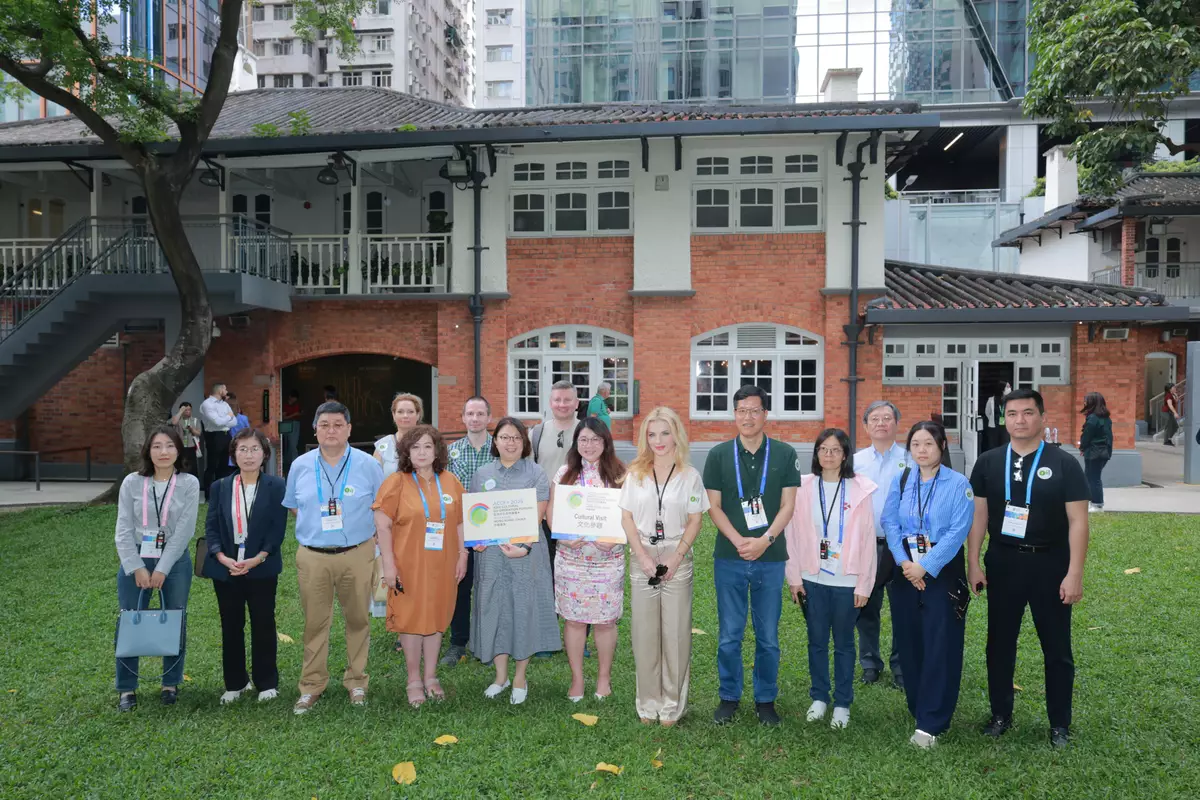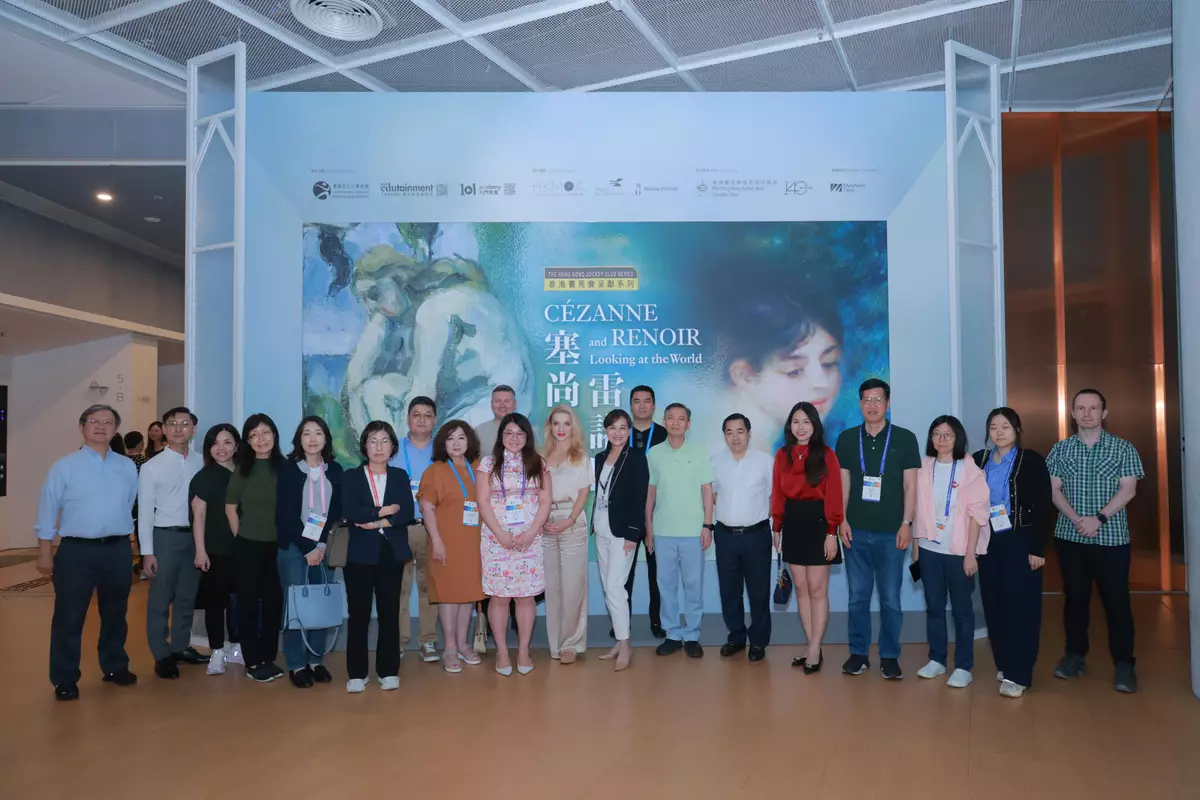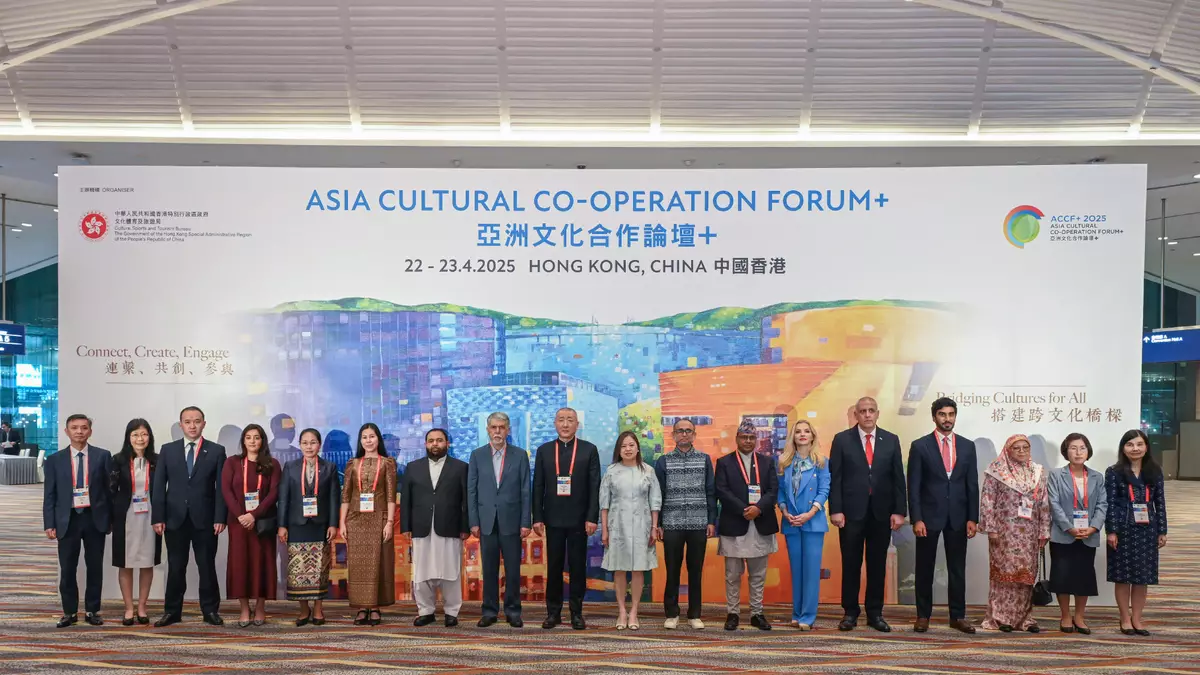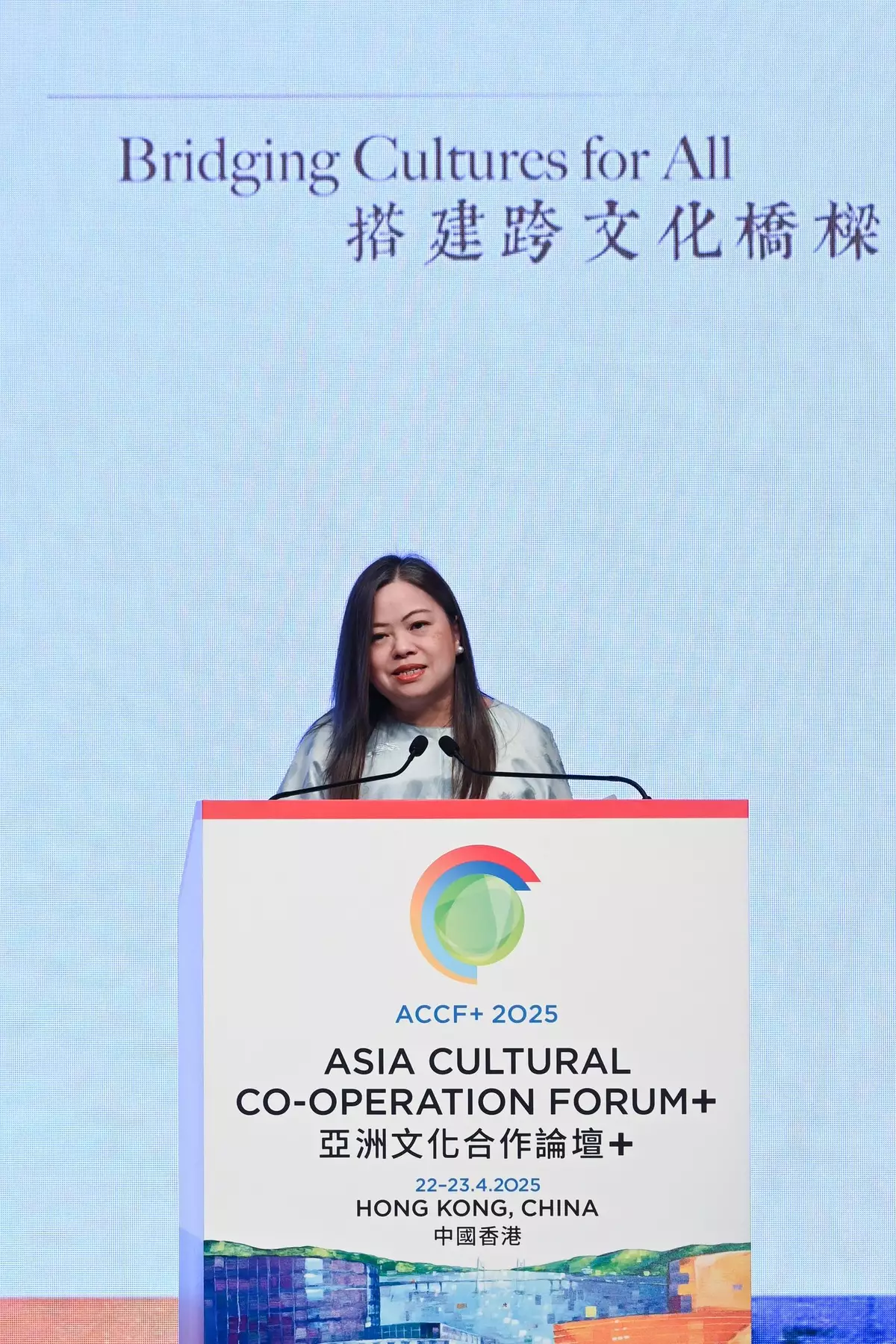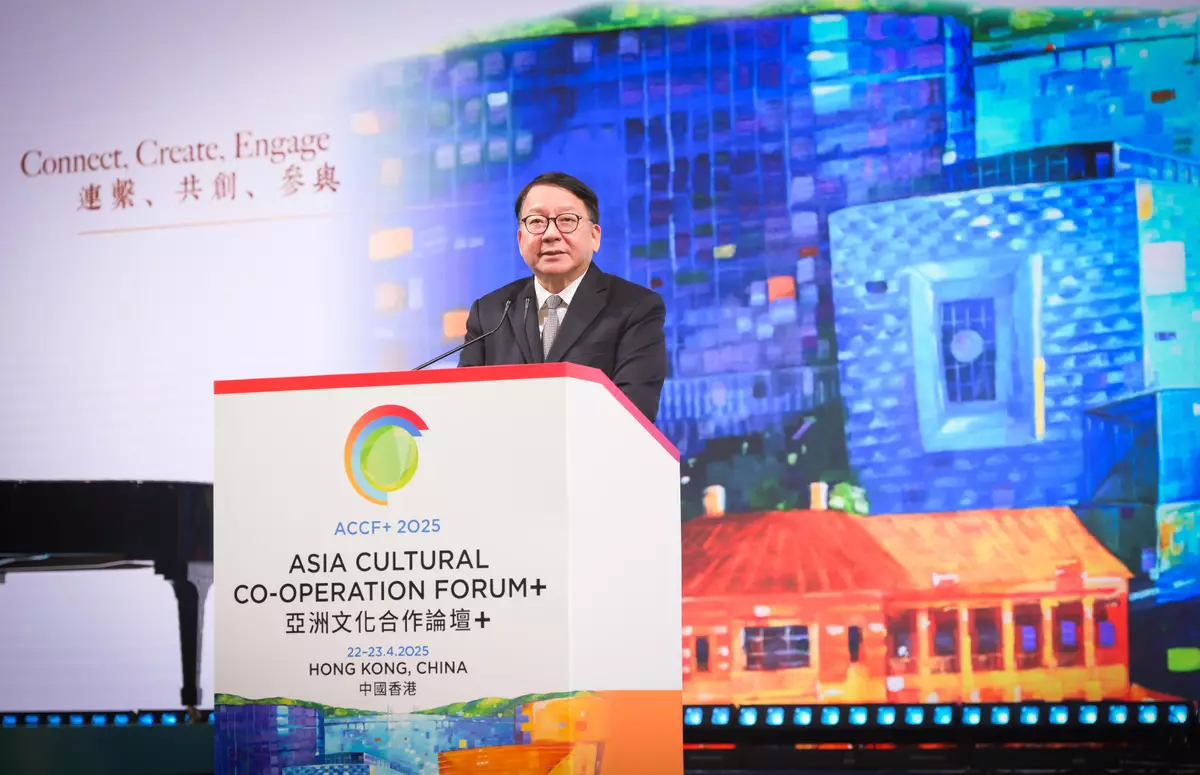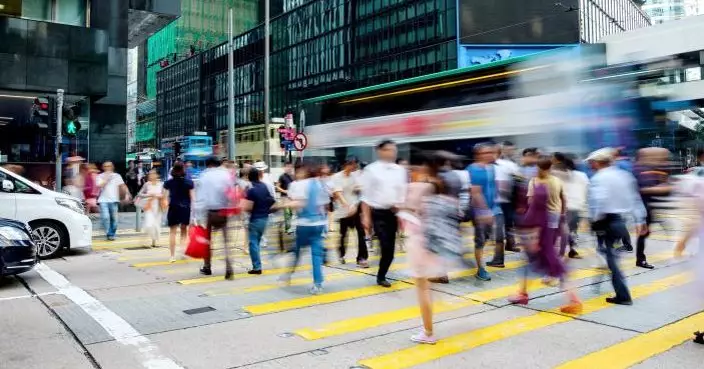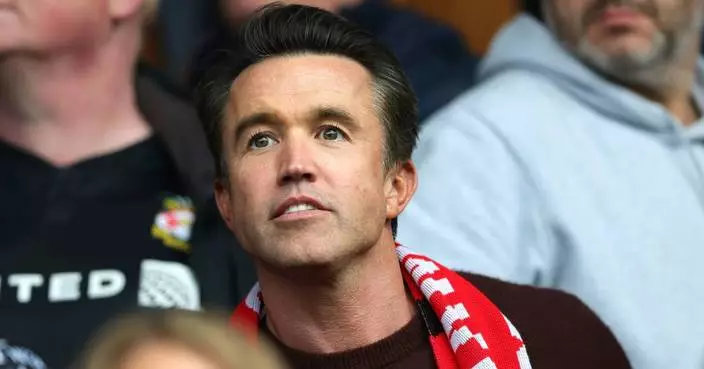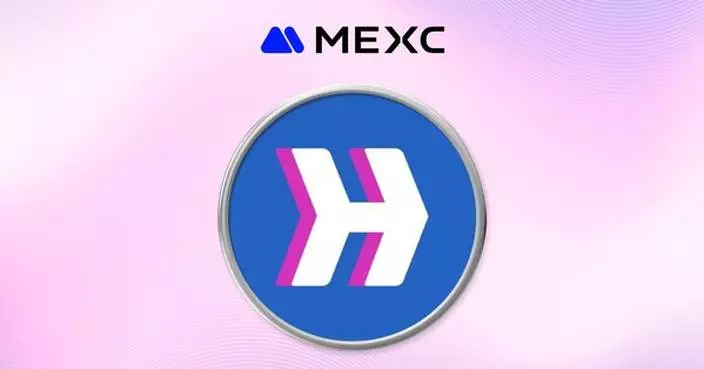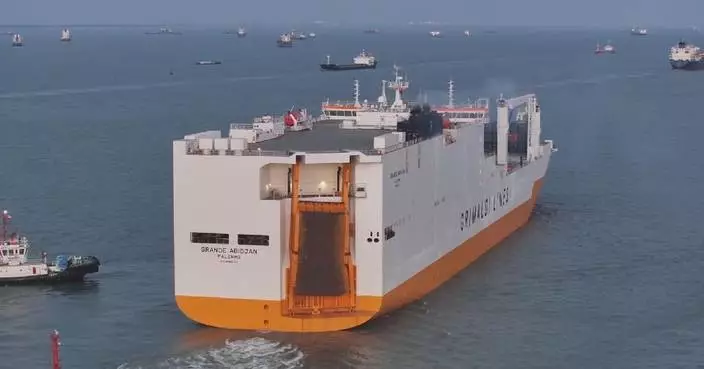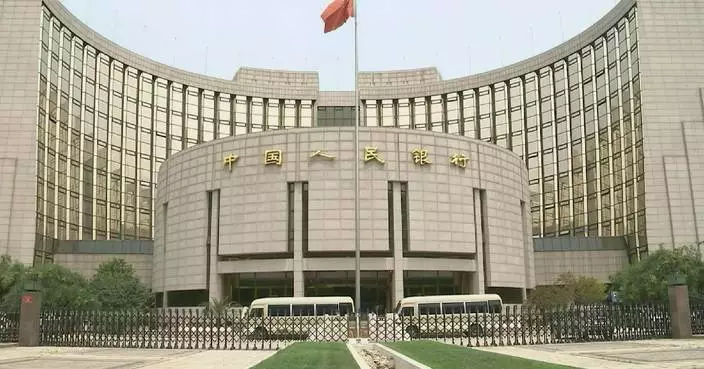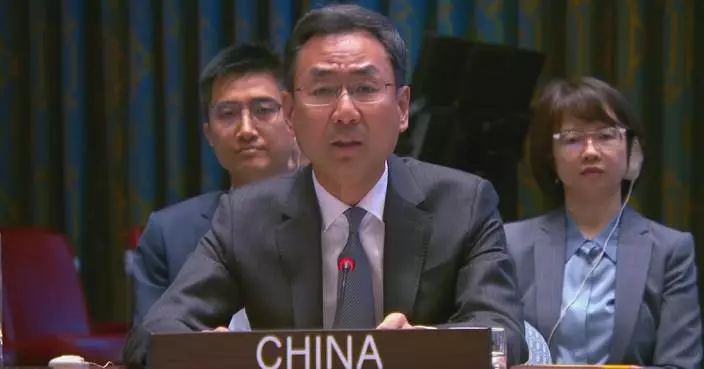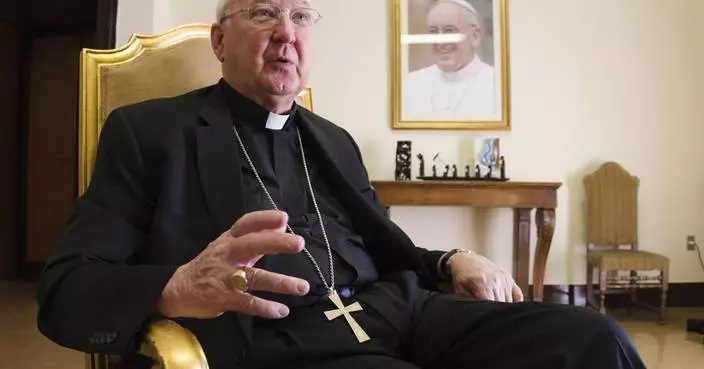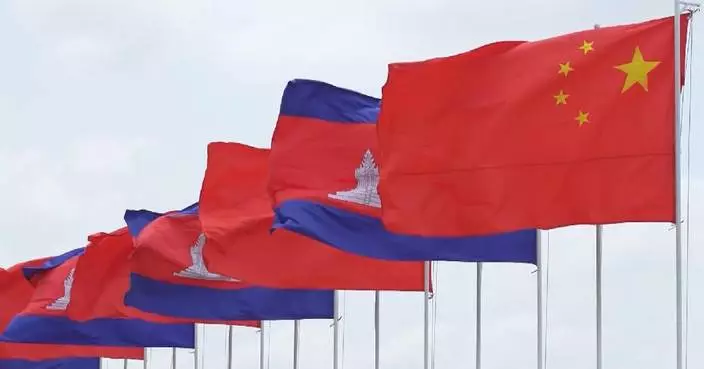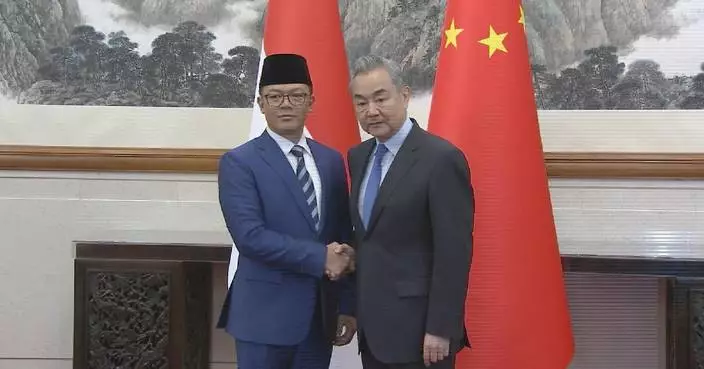Remarks by CE at media session before ExCo (with video)
Following are the remarks by the Chief Executive, Mr John Lee, at a media session before the Executive Council meeting today (April 8):
Reporter: Chief Executive, two questions. Are there any concrete measures the Government would do to help local businesses affected by tariff and, in your perception, how would the tariff attack Hong Kong's unemployment rate? And the second question is on the Panama deal, how should local companies respond to Beijing's criticism, and would the antitrust probe and the possible failed deal affect people's perception that companies in Hong Kong must ultimately answer to Beijing?
Chief Executive: Last week, the US announced the imposition of so-called reciprocal tariff on trading partners around the world, including an additional 34 per cent tariff on Hong Kong products. Together with the 20 per cent tariff announced earlier, the total tariff imposed on Hong Kong products is up to 54 per cent. The US no longer adheres to free trade, arbitrarily undermining the internationally established rules of world trade. Its ruthless behaviour damages global and multilateral trade. The reckless imposition of tariff affects many countries and regions around the world with huge tax rate increases covering a wide range of goods, disrupting the world economic and trade order, and bringing great risks and uncertainties to the world. In response to the US's imposition of tariff, the Government will strengthen its strategy in seven areas.
First, we shall fully seize the opportunities in our country, China's development, and actively integrate into national development. China is the world's second-largest economy and second-largest consumer goods market, with a domestic market of 1.4 billion people. Hong Kong will take full advantage of CEPA (Mainland andHong KongCloser Economic Partnership Arrangement) to attract more foreign companies to set up operations to capitalise on the benefits of "one country, two systems". As of the end of last year, the accumulated tariff concessions on goods under CEPA exceeded RMB10.2 billion.
Second, we shall strengthen international exchanges and deepen regional ties and co-operation. We shall sign more free trade agreements (FTAs) with countries and economies. Today, Hong Kong's FTAs already cover 21 economies. We are currently negotiating investment agreements with Saudi Arabia, Bangladesh, Egypt and Peru. We will continue to push for Hong Kong's early accession to the RCEP (Regional Comprehensive Economic Partnership) to deepen regional co-operation. We are already planning to establish economic and trade offices in Malaysia and Saudi Arabia. Additionally, Invest Hong Kong and the Hong Kong Trade Development Council have set up offices in Cairo, Egypt; Izmir, Türkiye; and Cambodia to proactively expand Hong Kong's global trade and economic network.
Third, Hong Kong will accelerate industrial transformation by developing a high value-added, innovation-driven economic model. We will expedite the establishment of a high value-added supply chain service hub and promote the growth of a headquarters economy.
Fourth, we will intensify efforts to develop technological innovation, attract top-tier talent, and further strengthen Hong Kong's competitiveness. We will focus efforts on establishing Hong Kong as a technological and Innovation hub, accelerating development of the Hetao (Hetao Shenzhen-Hong Kong Science and Technology Innovation Co-operation Zone) and San Tin Technopole, and continuing to attract top-tier talent and enterprises, particularly key strategic companies.
Fifth, we will vigorously advance international financial co-operation to attract investments and capital. I, along with government officials, have conducted multiple visits to emerging markets to forge new partnerships. Notably, we engaged with ASEAN (Association of Southeast Asian Nations) and Middle East countries to establish mutual recognition with their stock exchanges.
Sixth, we will seize the world's major trend of geographical diversification, proactively attracting foreign companies and capital to establish in Hong Kong, because Hong Kong can provide security and stability to investors and enterprises under "one country, two systems".
Seventh, we will continue to provide various support to help Hong Kong enterprises to cope with the impact of tariff and external challenges, including capital flow assistance, export credit insurance measures, supporting Hong Kong enterprises in brand development, upgrading and exploring new markets through the BUD special fund (Dedicated Fund on Branding, Upgrading and Domestic Sales), etc.
In respect to your question about Hutchison's deal to sell some ports, I have earlier made three points, and they remain valid, clear and explicit. I will repeat them. First, there have been extensive discussions in society about the issue, and this reflects society's concern over the matter. These concerns deserve serious attention. Second, the Hong Kong Special Administrative Region Government urges foreign governments to provide a fair and just environment for enterprises, including enterprises from Hong Kong. We oppose the abusive use of coercion or bullying tactics in international economic and trade relations. Third, any transaction must comply with legal and regulatory requirements. Hong Kong will handle it in accordance with the law and regulations. I have noted that the State Administration for Market Regulation of the PRC (People's Republic of China) has noticed the deal, and will review it in accordance with the law to ensure fair market competition and protect public interest.
(Please also refer to the Chinese portion of the remarks.)


